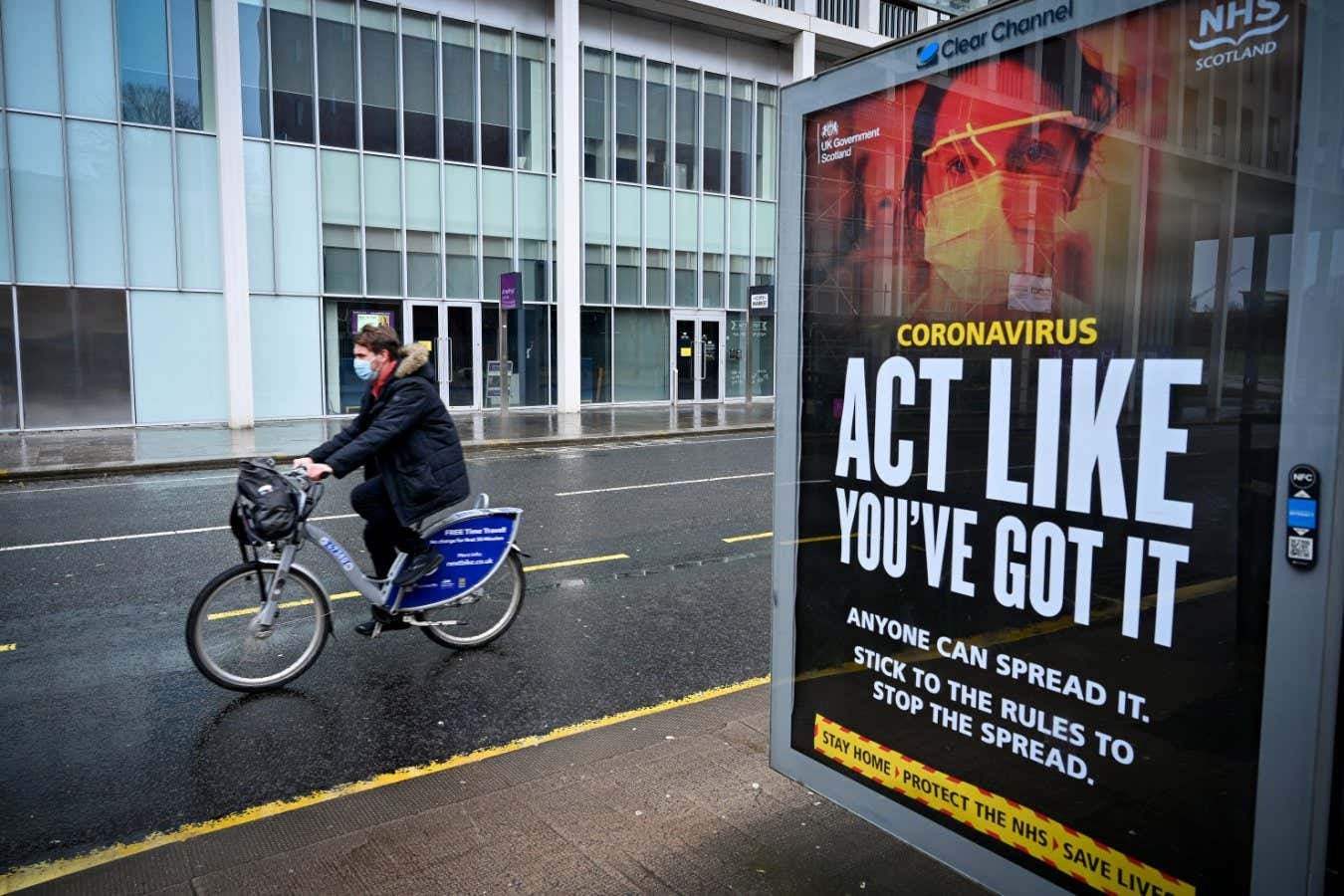
WE ALL know that person, the one who, when faced with what looks like an overwhelming problem, shrugs their shoulders, comes up with a solution and moves on without so much as a furrowed brow.
To someone with even a fleeting relationship with anxiety, it can seem staggering how others go through life with such aplomb. Why are some protected, while others are more prone to experiencing it? Like most aspects of our behaviour, genetics play a part, as do environmental pressures and lifestyle choices. Thankfully, a better understanding of how they interact is helping us find new ways to minimise the problem.
Let’s start with your genes. Studies show that about 30 per cent of the variation of generalised anxiety disorder in the general population is attributable to genetics. This isn’t due to a particular gene, but rather to a host of interacting genetic factors.
For some people, it may be genes associated with the hormone serotonin, which passes messages around the brain. One study in marmosets found a causal relationship between the animals’ perceived level of anxiety and genes responsible for the proteins that mop up serotonin in a brain region called the amygdala, which deals with fear-related memories. When serotonin was blocked from being taken up by cells in the amygdala, the animals’ anxiety seemingly decreased.
This suggests that some people might have a genetic predisposition to absorb too much serotonin into their cells in this region. As a result, less serotonin passes between neurons, disrupting the messages that help us…

